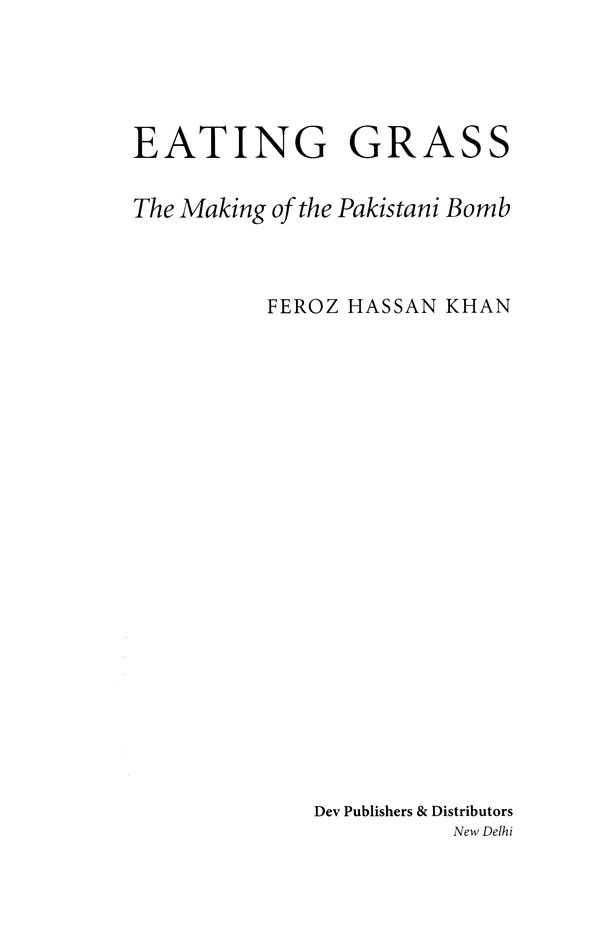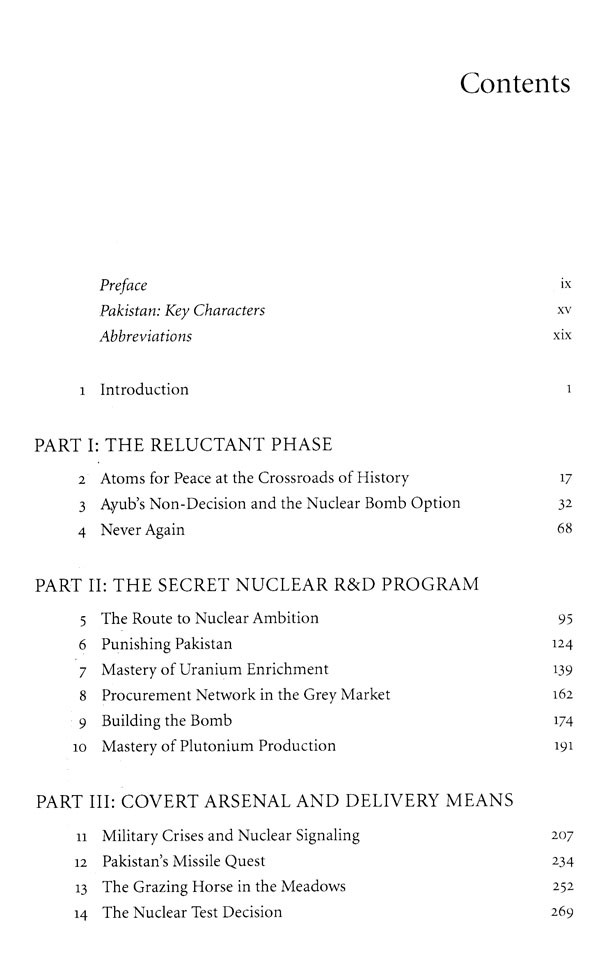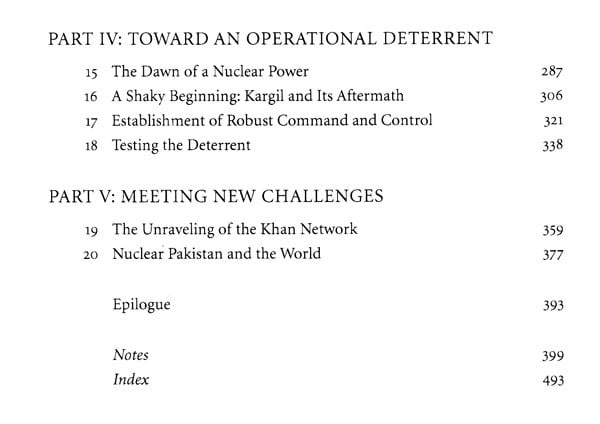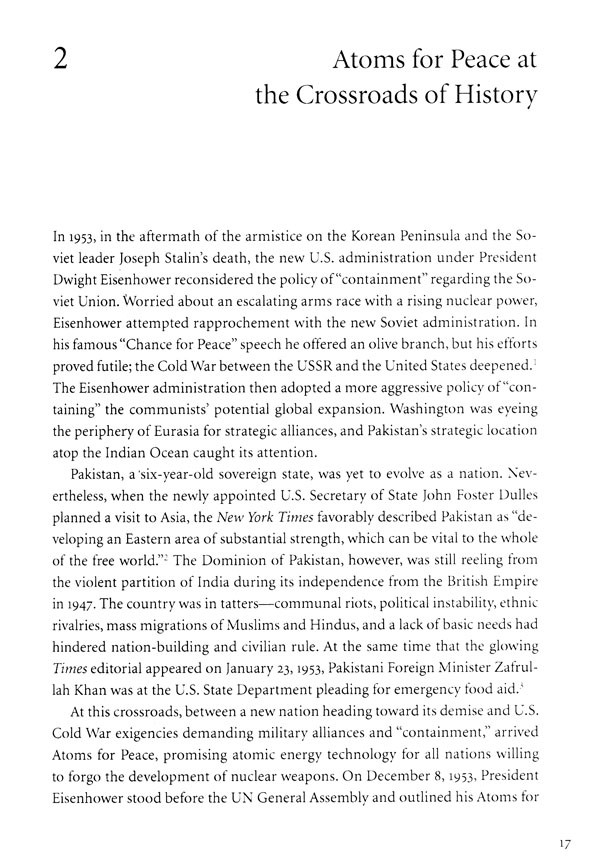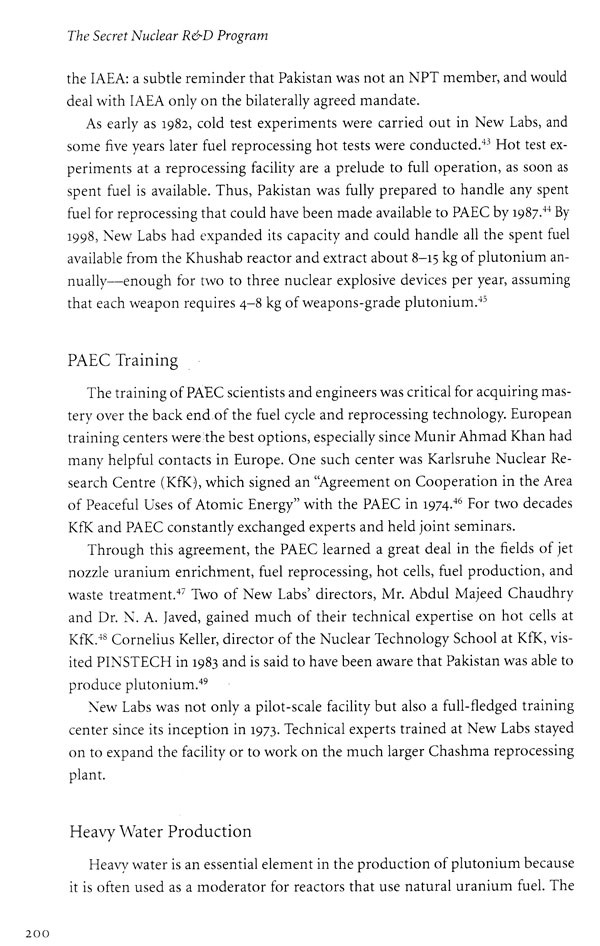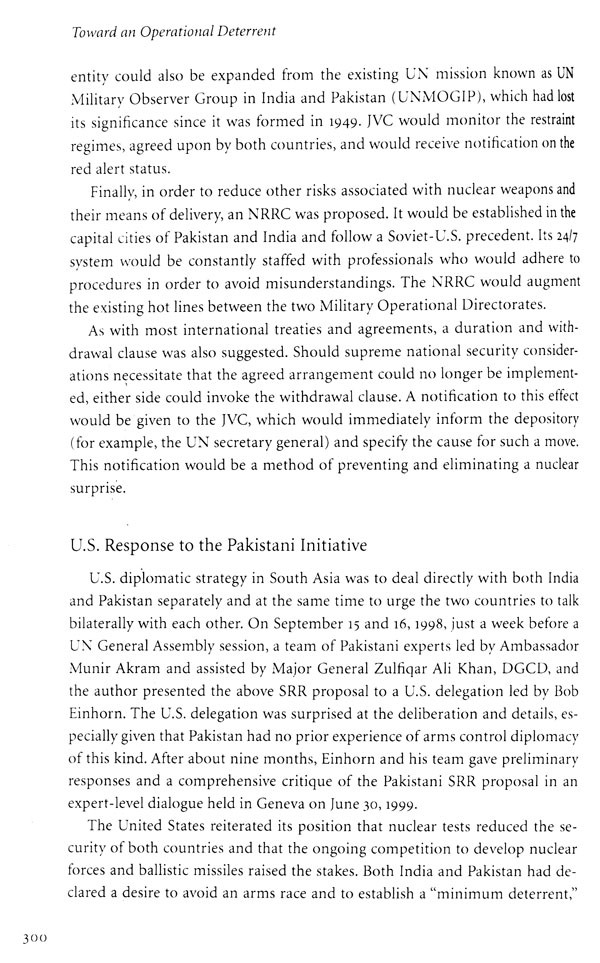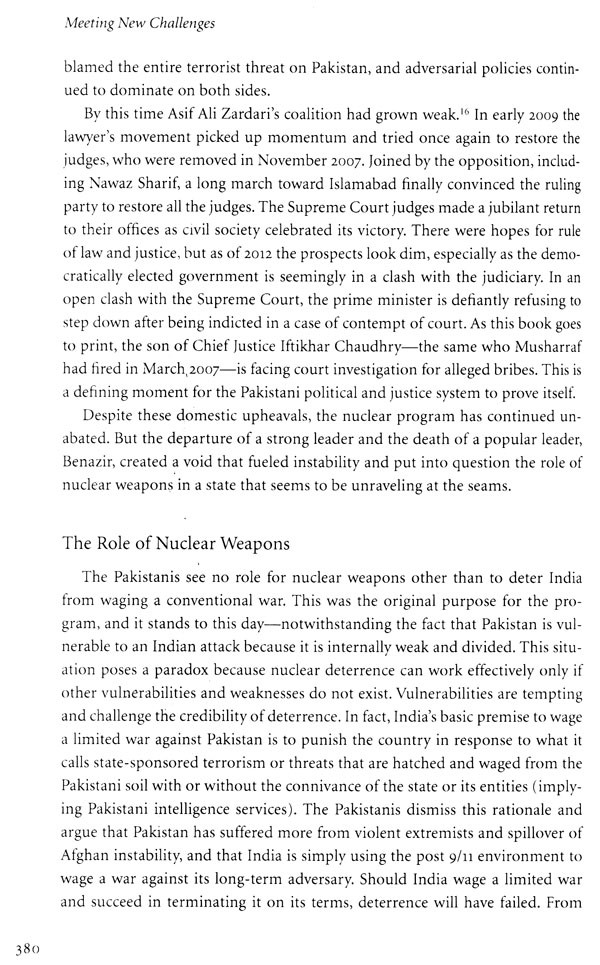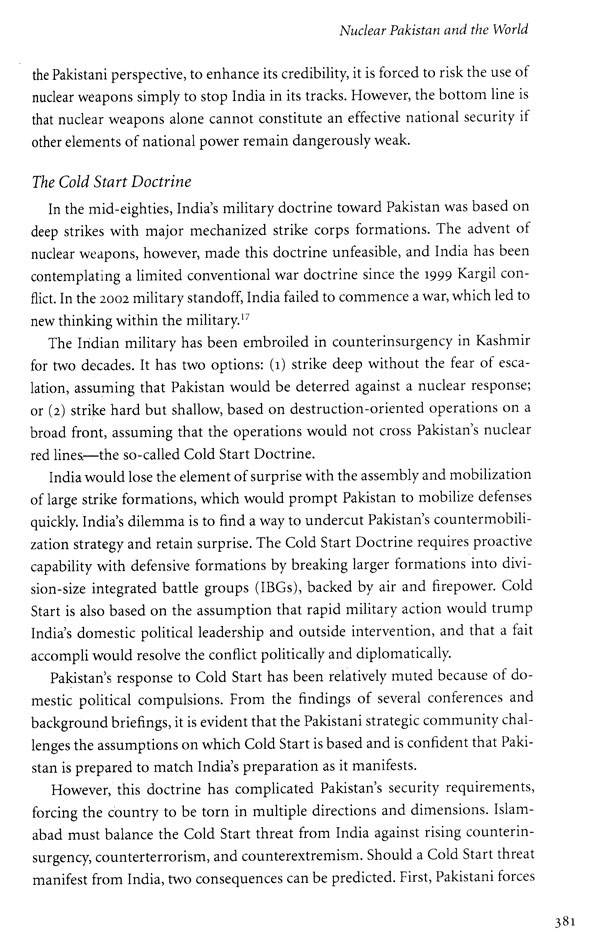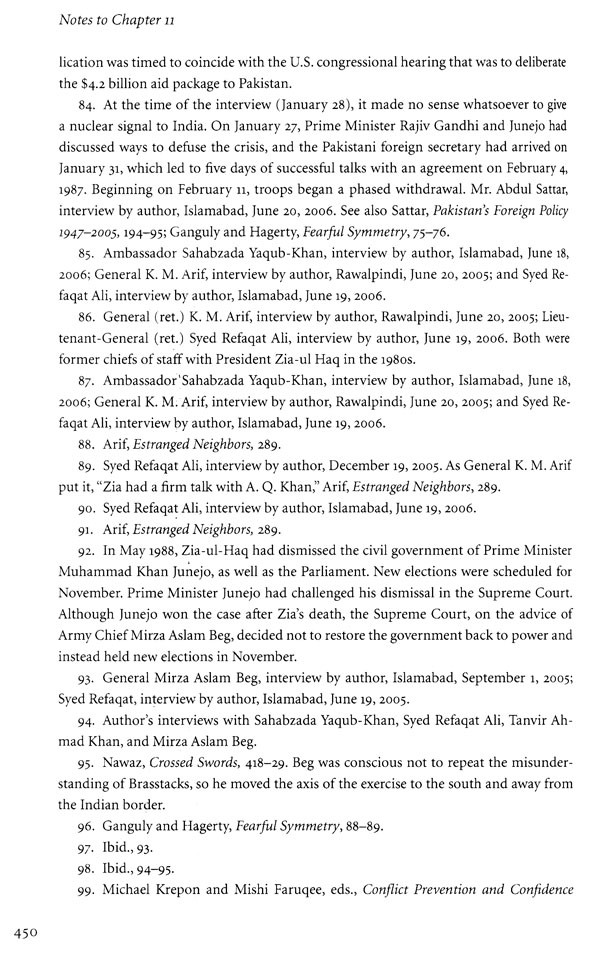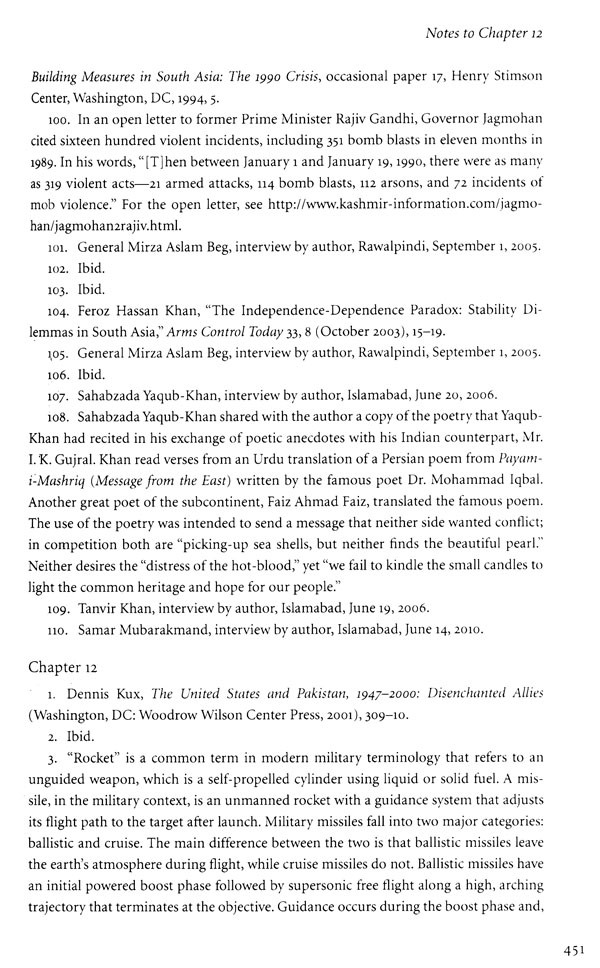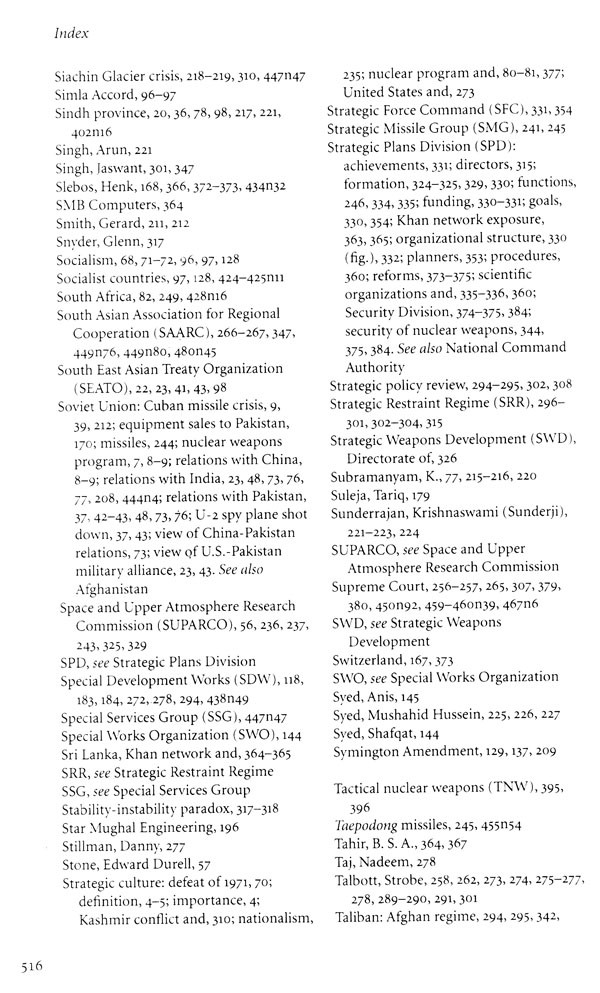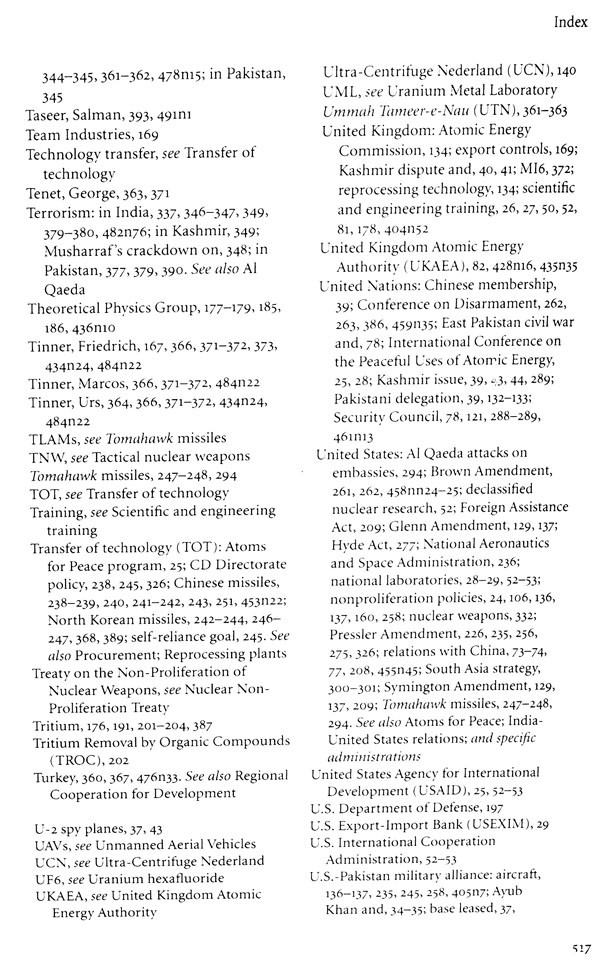
Eating Grass- The Making of the Pakistan Bomb
Book Specification
| Item Code: | UAQ012 |
| Author: | Feroz Hassan Khan |
| Publisher: | Dev Publishers and Distributors |
| Language: | English |
| Edition: | 2018 |
| ISBN: | 9789381406816 |
| Pages: | 542 |
| Cover: | PAPERBACK |
| Other Details | 9.00 X 6.00 inch |
| Weight | 680 gm |
Book Description
Like many aspects of Pakistan's politics and history, its nuclear story is awash with controversies and competing narratives. Yet, the most intriguing aspect during the course of this research was facing the challenge of the relentless disinformation campaign unleashed on the Pakistani nuclear program. Goce Vidal's famous quotation emphasizing that a "[d]isinformation campaign has metastasized to a level where myth threatens to overthrow history" aptly applies to the case study of Pakistan. This was one reason that galvanized my efforts in telling the story of the Pakistani nuclear program and my interest in writing this book.
In the case of new nuclear states-such as India, Israel, and Pakistan-the necessity to keep the nuclear weapons program covert in order to resist international proliferation pressures has added another layer of opacity. The habits that come with decades of secrecy do not disappear overnight just because the country has conducted a declared nuclear test. Furthermore, as with many developing countries, the Pakistan government does not open its national ar chives to outside scrutiny, especially on matters of national security. Even non official accounts, such as newspaper and journal articles, are difficult to access with collections often incomplete.
On top of these challenges, reconstructing the Pakistani case is vexing because its nuclear history is still contested by those who took part in the programmed.
This book examines how and why Pakistan managed to overcome the wide array of obstacles that stood between it and nuclear weapons. It unravels the interplay of personalities and organizations involved in developing the bomb against a backdrop of political, security, and economic constraints, as well as opportunities. It contributes to the established tradition of academic work that examines the causes behind nuclear proliferation by telling the Pakistani nu clear story. While excellent academic accounts describe the origins of the other key nuclear weapons programs (for example, those of the United States, the Soviet Union, China, Israel, and India), existing accounts of Pakistan's pursuit of the bomb either have been journalistic, have focused almost exclusively on the A. Q. Khan nuclear proliferation network, or have included Pakistan only in a broader discussion of nuclear weapons in South Asia.
Pakistan's nuclear program evolved under immensely complex and chal lenging security circumstances. Structural generalizations do not explain the complexities of its historical existence and evolution unless a holistic account is understood.
**Contents and Sample Pages**
